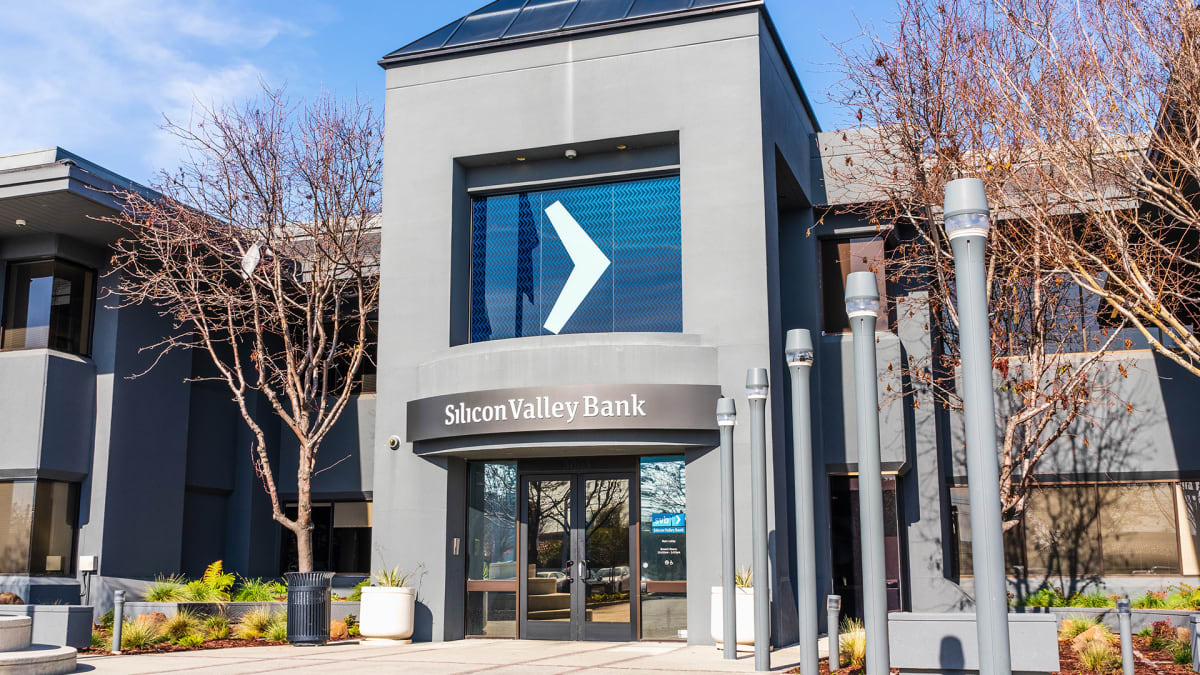
The suspense is mounting.
In a few hours, the financial markets will open in Asia, followed by Europe and several hours later by Wall Street.
Will this opening be done in panic? US regulators hold the key to answering this question.
The Federal Deposit Insurance Corporation, the Federal Reserve and the Treasury Department were busy all weekend trying to resolve the anxiety caused by the collapse of Silicon Valley Bank, as investors fear a contagion effect and many startups and small business customers of SVB have their funds blocked in the bank.
Regulators mainly want to focus on depositors.
Concerns
The FDIC took control and is now the manager of $175 billion in customer deposits, including money from several startups and from some of the biggest names in the technology world.
The regulator also created a new entity and indicated that unsecured depositors, that is, SVB (SIVB) customers with more than $250,000 in their accounts, will not, for the moment, have access to their money.
This leaves a lot of uncertainty about the ability of many startups to operate in the coming weeks, since their funds are locked up. The FDIC said it will pay uninsured depositors an "advance dividend within the next week."
The question is how much this "advanced dividend" will amount to.
More than 95% of the bank's deposits were uninsured as of December, according to regulatory filings.
In addition to deposits, SVP, which was the go-to lender for startups, had also granted credit facilities. What will happen to these credit lines?
"During the financial crisis there were investors and owners of systemic large banks that were bailed out," said Treasury Secretary Janet Yellen during an interview with CBS's Face the Nation on March 12. "And we're certainly not looking - and the reforms that have been put in place means that we're not going to do that again. But we are concerned about depositors and we're focused on trying to meet their needs."
The challenge for regulators is to enable SVB's clients to have access to the cash they need in order to avoid bankruptcy.
One of the solutions that the FDIC and the Fed are working on, is the creation of a fund that would allow regulators to backstop more deposits at banks that run into trouble, following the collapse of SVB, reports Bloomberg News.
"I simply want to say that we're very aware of the problems that depositors will have," Yellen told CBS. "Many of them are small businesses that employ people across the country and of course this is a significant concern and working with regulators to try to address these concerns."
'The Fed Needs to Bearhug the Situation'
But for many voices in Silicon Valley and Wall Street, some sort of bailout is the answer that would allay all fears and calm the markets.
"Startup Extinction Event," venture capitalist David Sacks warned on Twitter. "Thousands of startups and small businesses won’t be able to make payroll and will immediately need to furlough or layoff employees if the FDIC does not release at least a substantial portion of their deposits on Monday."
He continued: "The contagion will spread and there could be runs on other banks if the Fed does not provide reassurance that deposits are safe."
"In summary, the Fed needs to bearhug the situation. Announce that all deposits are safe. End the crisis. It will cost very little, if anything, because SVB actually has plenty of assets to pay off depositors. The costs on the banking system and economy will be far greater if they under-react."
The call for strong government intervention has also come from influential Wall Street voices, like hedge fund manager Bill Ackman.
"The gov’t has about 48 hours to fix a-soon-to-be-irreversible mistake. By allowing @SVB_Financial to fail without protecting all depositors, the world has woken up to what an uninsured deposit is — an unsecured illiquid claim on a failed bank," financier Ackman said. "The unintended consequences of the gov’t’s failure to guarantee SVB deposits are vast and profound and need to be considered and addressed before Monday.”
While he considers that SVB does not pose a systemic risk, Harvard Prof. Larry Summers nevertheless makes it known that the government should intervene.
"This is unlikely to be a broadly systemic problem," the former Treasury Secretary said. "It will certainly have consequences for Silicon Valley and for the economy of the venture sector which has been dynamic, unless the government assures the situation is worked through."
Hot issue
The challenge for the FDIC and the Fed is that any guarantee of the borrowers’ funds might be perceived as a bailout, with taxpayer money being used to protect clients, drawing similarities to the government intervention in the 2008 financial crisis.
This is likely to meet opposition from politicians.
"If there is an effort to use taxpayer money to bail out Silicon Valley Bank, the American people can count on the fact that I will be there leading the fight against it," Rep. Matt Gaetz (R-Fla) tweeted on March 10.







